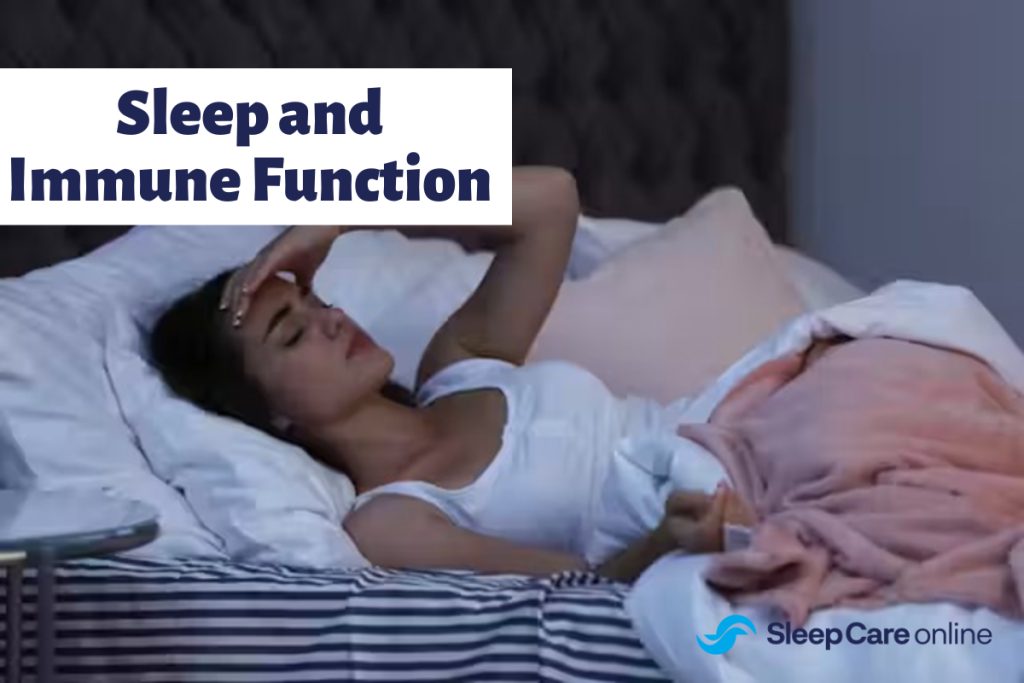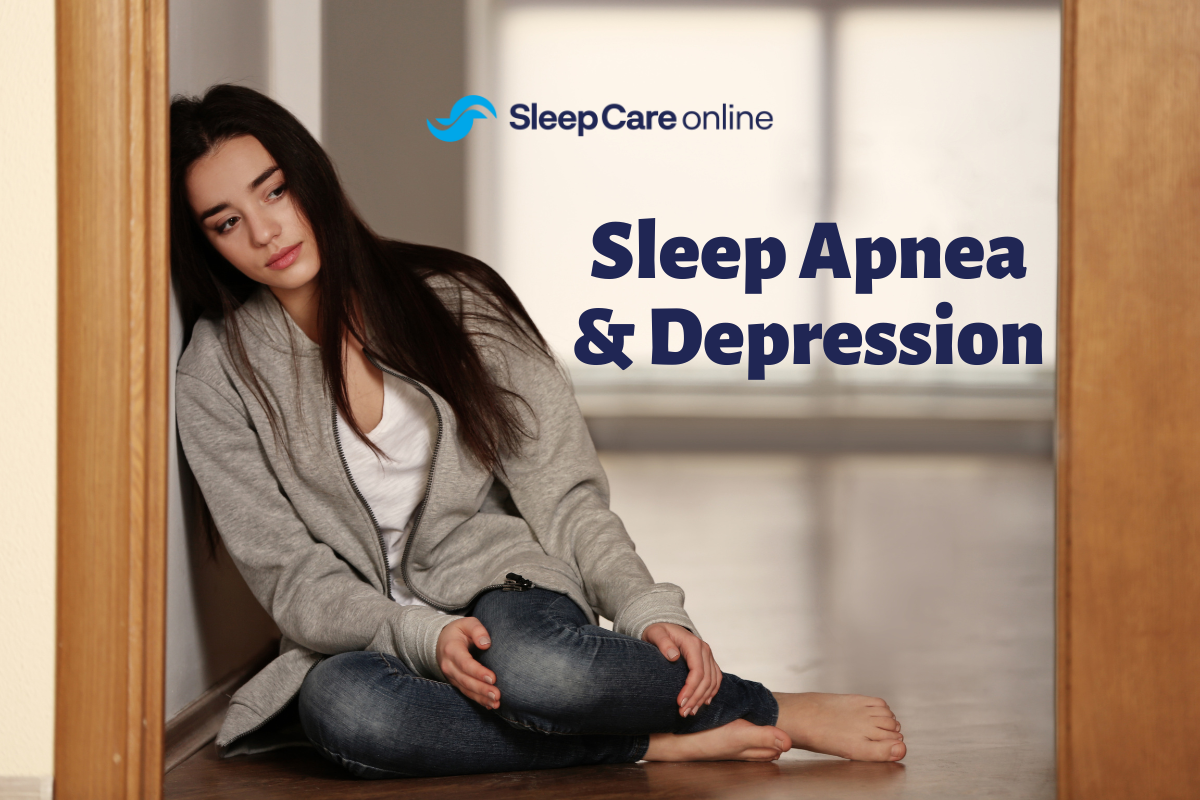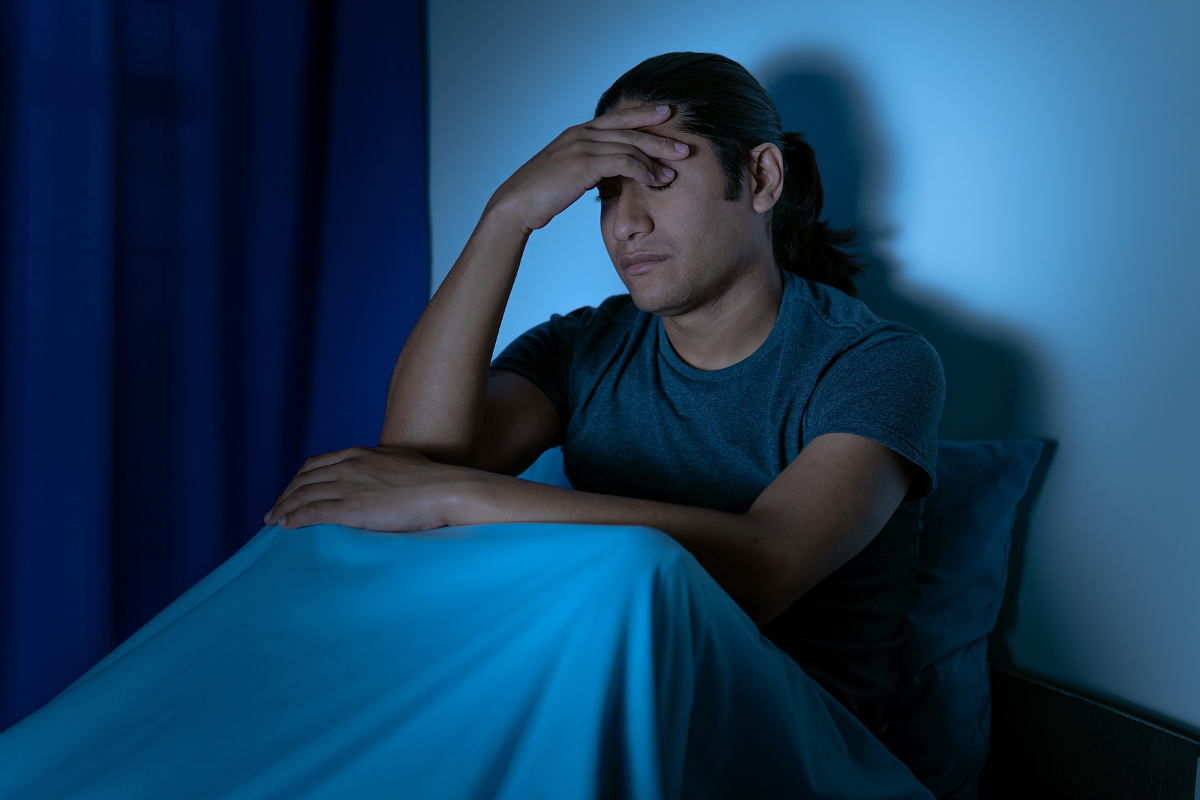Key Takeaways:
- Sleep is important for immune function, and not getting enough sleep can increase your risk of getting sick. Without the proper amount of sleep, you are more likely to catch illnesses like the common cold and others more severe.
- Sleep allows your immune system to repair and replenish immune cells, optimizing their function.
- Making sure you are prioritizing sleep not only for the immune system but also for your overall health and well-being is highly beneficial. Learn more about the immune function in this article.

Less sleep can make you sick. Studies show that less than seven hours of sleep at night can make you three times more likely to catch a cold.1 Sleep deprivation compromises the body’s ability to fight infections. Not only does sleep loss lead to vulnerability to germs and more frequent sickness but it can also make illnesses more intense and longer lasting.
How Does the Immune System Work?
The immune system is continuously guarded against invading bacteria, viruses, fungi, and parasites. White blood cells and antibodies hunt down and kill microbes and the spleen filters them out of the body. When germs are present, the body deploys defense in two ways: innate and adaptive immunity.
Your innate immunity is an overall defense against non-specific pathogens. It is the immune defense you were both with. That’s your first line of defense against most germs. When this defense fails, your adaptive immunity kicks in to attack specific pathogens that can bypass your innate immunity. Your adaptive immunity is a developed defense and resistance through past exposure to specific pathogens and through vaccinations.
While the immune system protects your body, it still needs support to function. A healthy diet, exercise, and getting enough sleep are all simple lifestyle choices that help maintain robust immunity.
The Impact of Sleep on Immune Function
Good sleep promotes healthy immunity through rejuvenation. Sleep stimulates the production of germ-fighting T and B white blood cells. During deep sleep, our bodies also generate cytokine proteins which protect the body against infection and inflammation. Research suggests that everyone should get between seven and nine hours of sleep a night to fully recharge the immune system.2
How Does Sleep Affect the Immune System?
Sleep deprivation deeply affects all functions of the immune system.3 With sleep loss germ-fighting white blood cell production is reduced, leaving you more susceptible to illness from germ exposure. Infection becomes more likely, even from a simple cut. Immune response is reduced, meaning illnesses become more potent and recovery time takes longer. 4
Strategies for Promoting Immune-Boosting Sleep

You can take simple steps to achieve healthier sleep, so your immune system stays strong.
Consistent sleep schedule. Maintaining a regular sleep routine trains the body to fall asleep at the same time every night so that you fall asleep faster and stay asleep longer. Learn more about the best bedtime routine for adults here.
Create a conducive sleep environment. Where you sleep is also important. Minimize light sources in your bedroom, including blue light from phones and computers. Maintain a cooler temperature in your sleep space to promote undisturbed sleep time.
Relax before bedtime. Pre-bedtime activities are just as important as bedtime behaviors. Try to wind down before your set sleep time. Practicing meditation can help. Avoid heavy meals, alcohol, or caffeinated beverages a few hours before sleeping.
Exercise regularly. Engaging in physical activity during the day can help you fall asleep quicker and easier at night. However, working out too close to bedtime can actually have negative effects on sleep.
Conclusion
Sleep is an important part of a healthy lifestyle, especially for maintaining immunity. Along with diet and exercise, you should also make healthy sleep an integral part of your life so that you can help your body fight disease. If you are snoring, struggling to sleep, or waking up frequently at night gasping for air, you should get tested for sleep apnea.
Sleep Care Online offers a quick, safe, and affordable way to get tested for sleep apnea in the comfort of your own home. Through a few simple steps, you will know if you have this sleep disorder and the next steps to take to help if necessary. Learn more by visiting our website or calling us at 866.465.4478 today!
References
- Yale Medicine. How Sleep Affects Your Immune System. March 2023.
- Creating Better Sleep Habits to Strengthen Immunity April 2020.
- National Library of Medicine. Sleep and immune function, 2011 Nov 10. doi
- National Library of Medicine. Role of sleep deprivation in immune-related disease risk and outcomes 2021 Nov 18.




